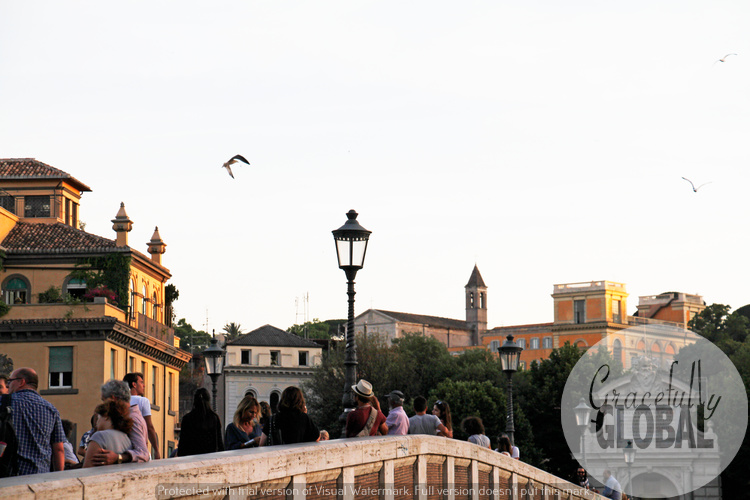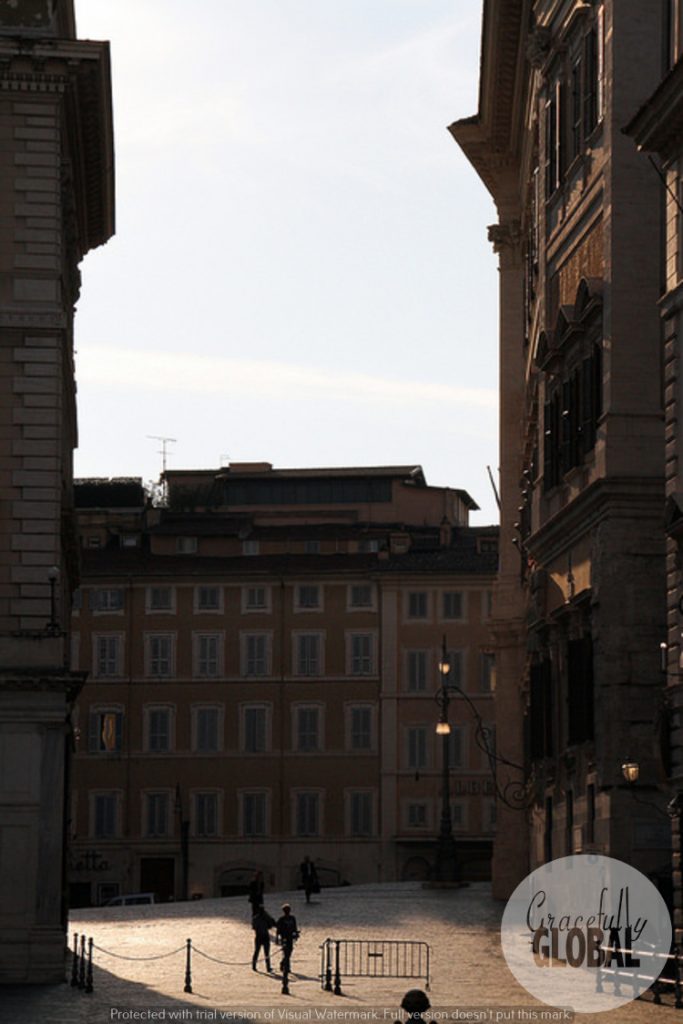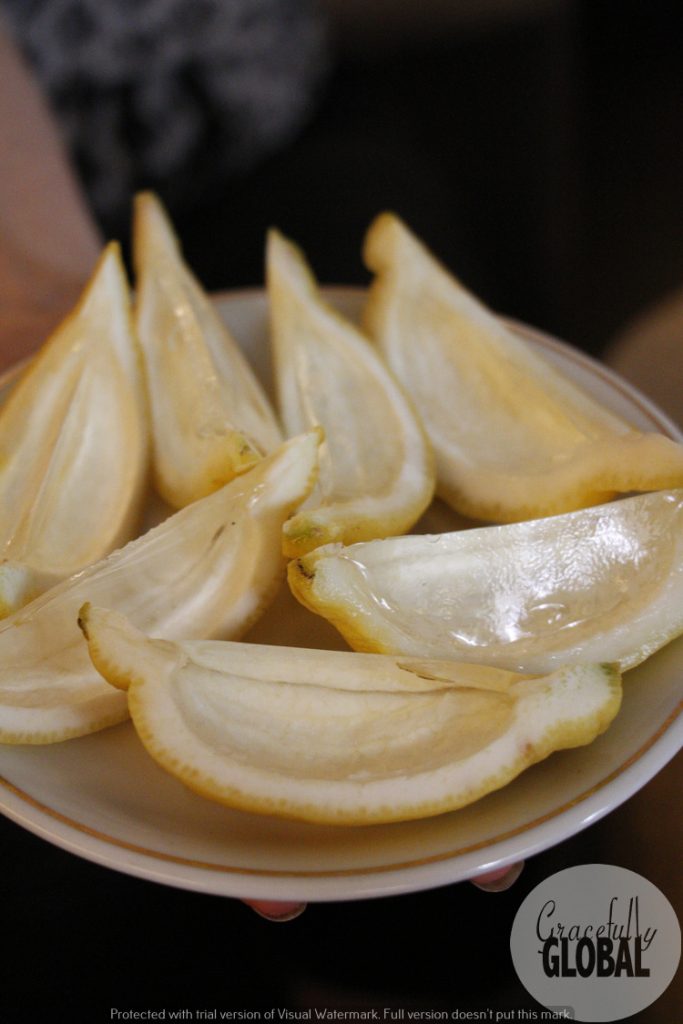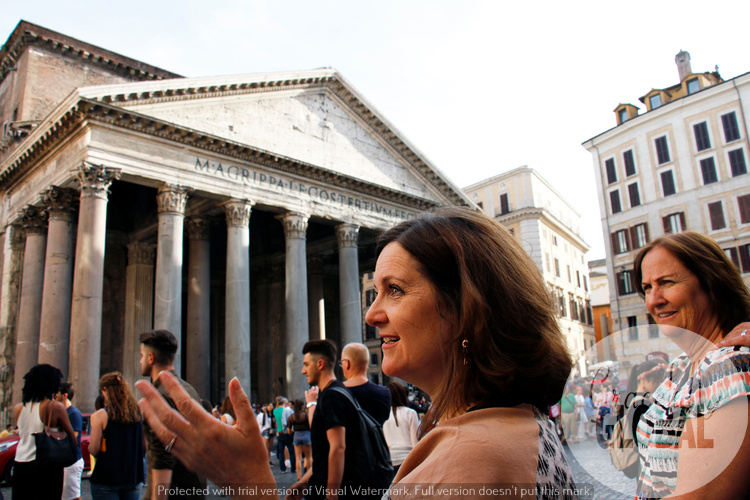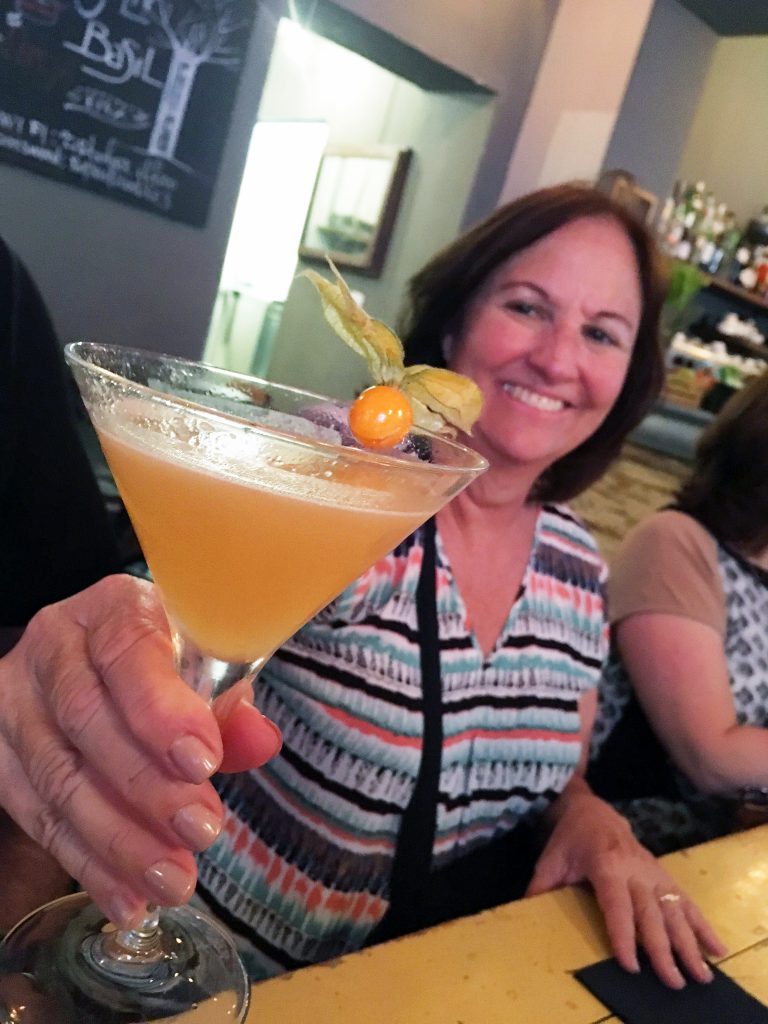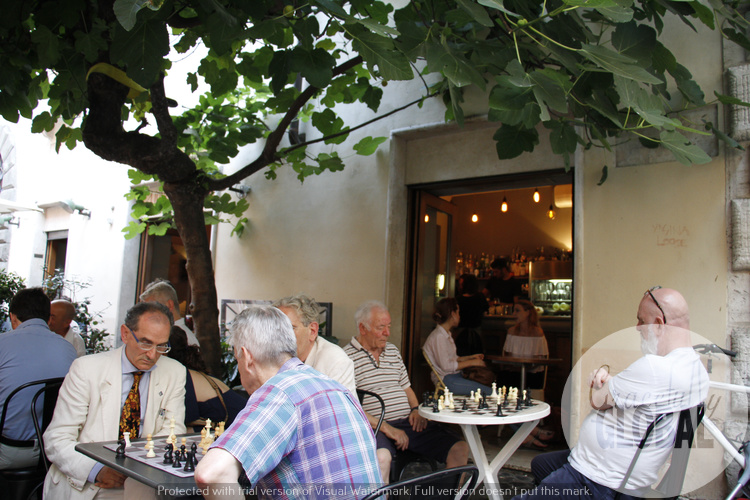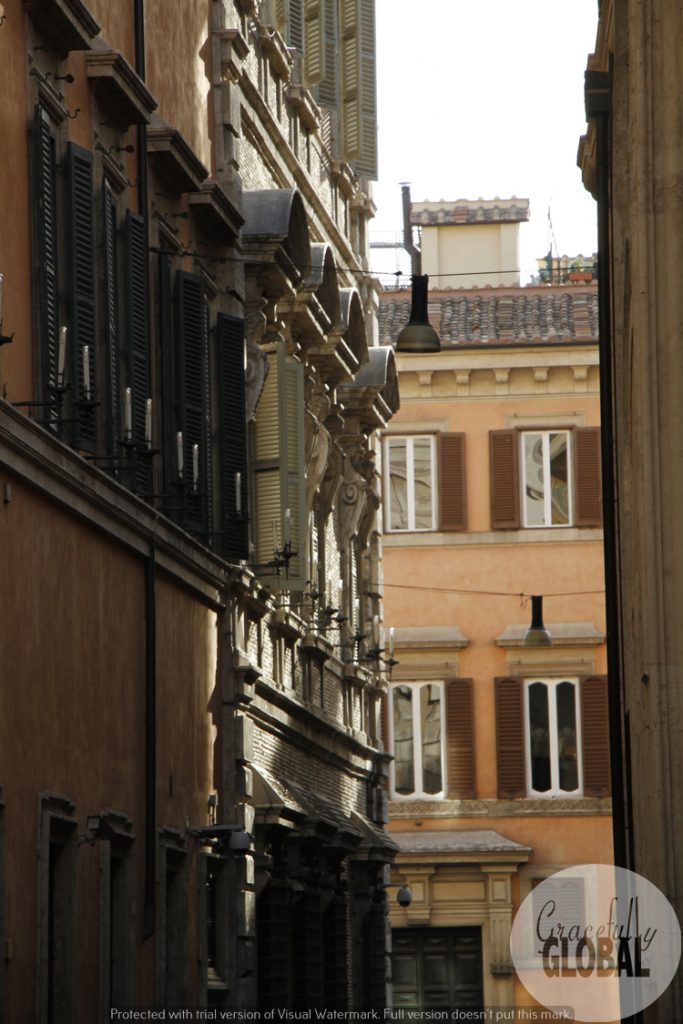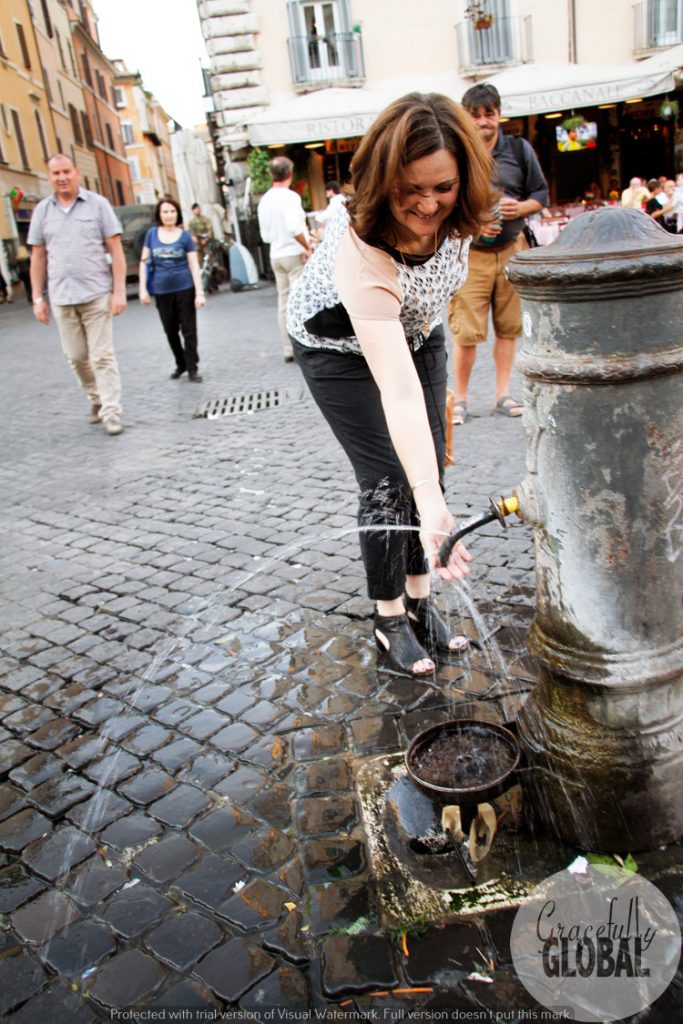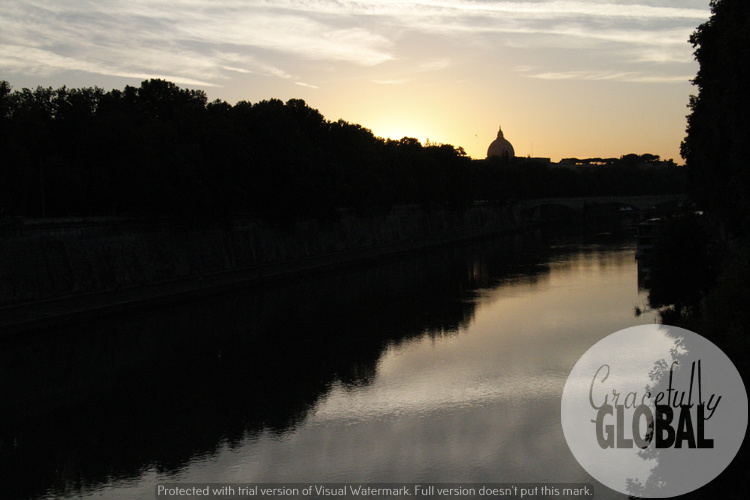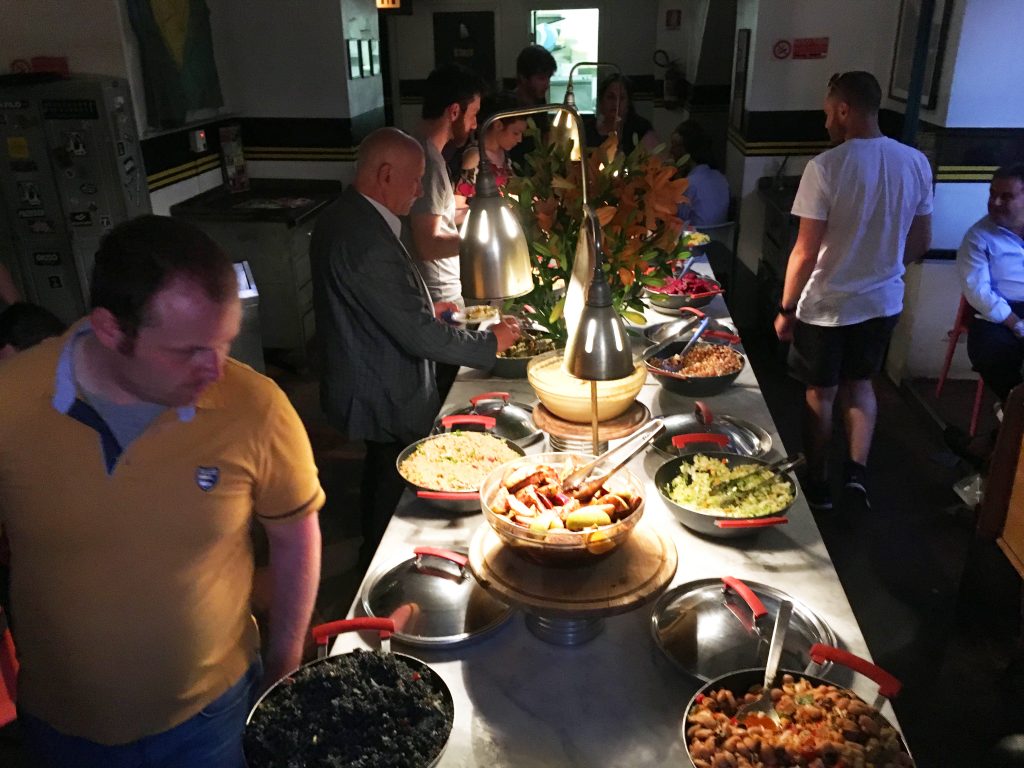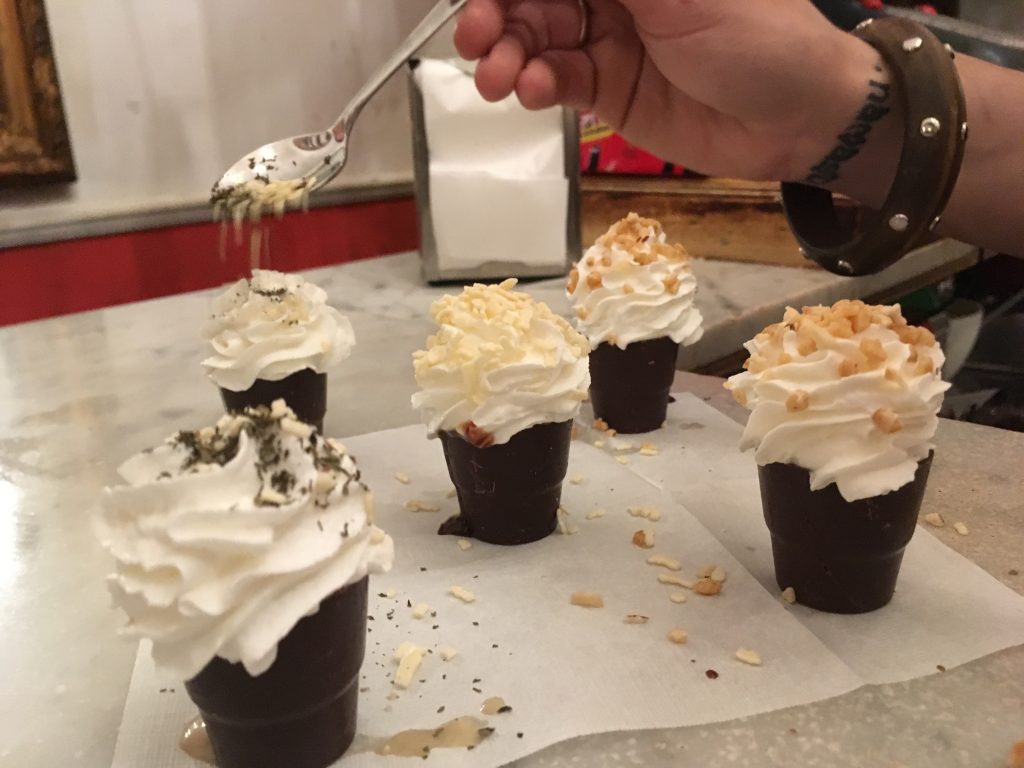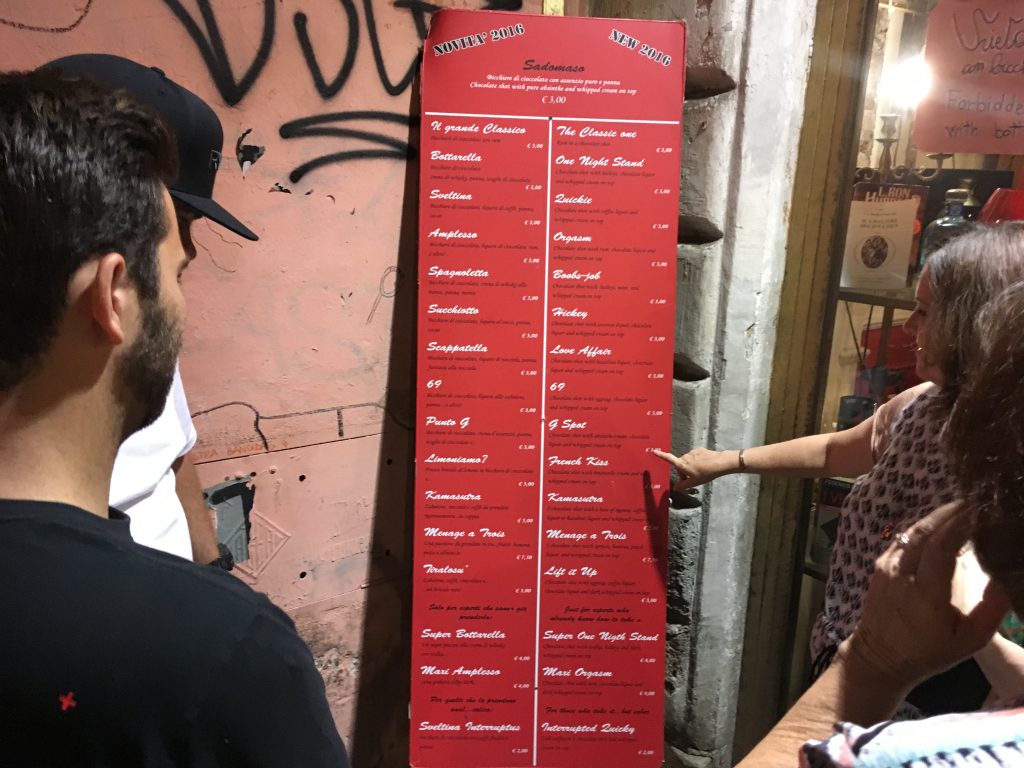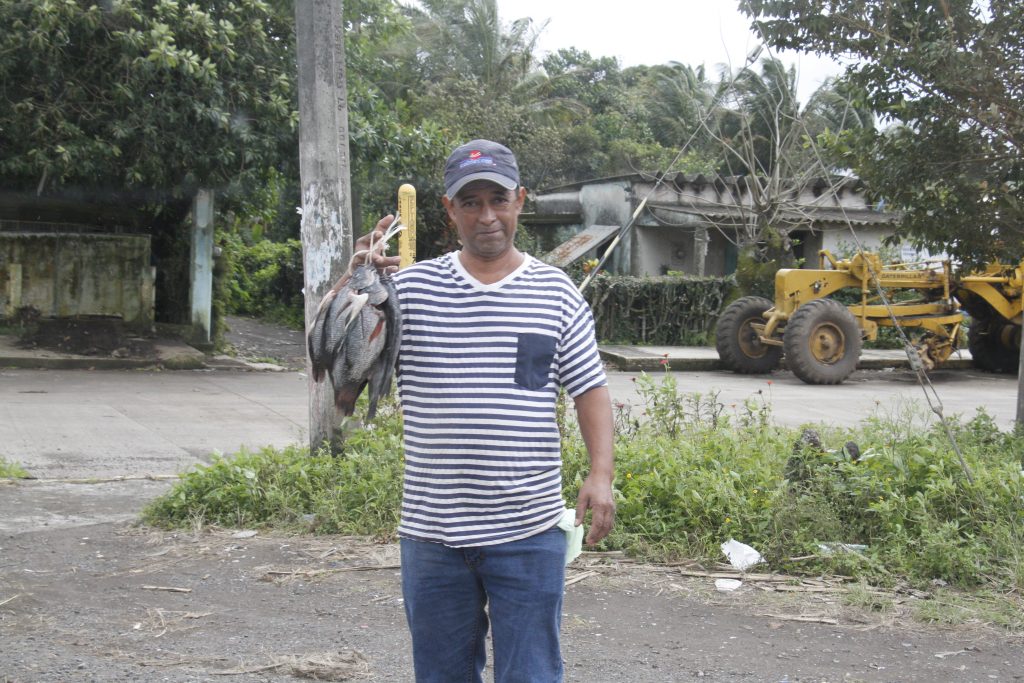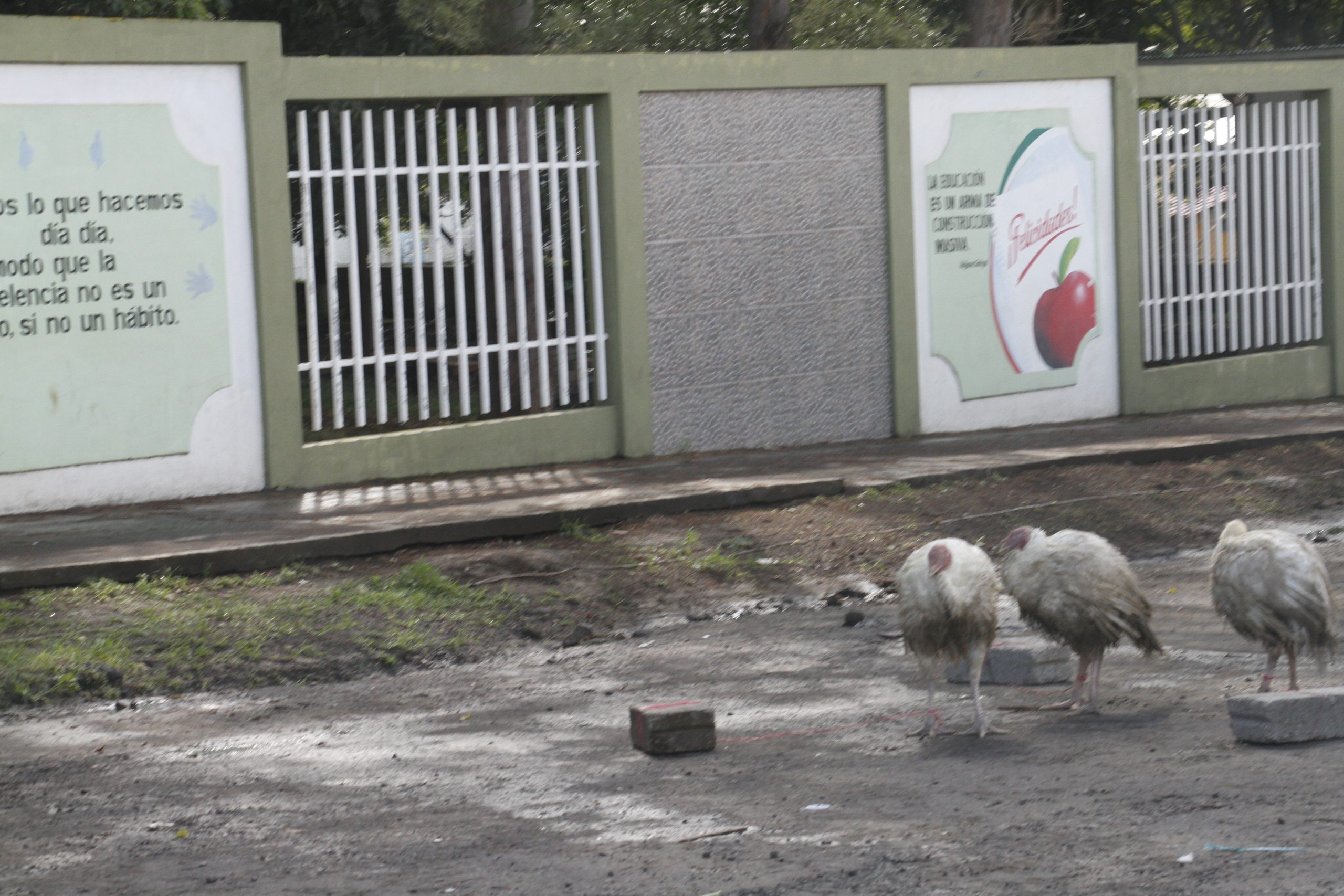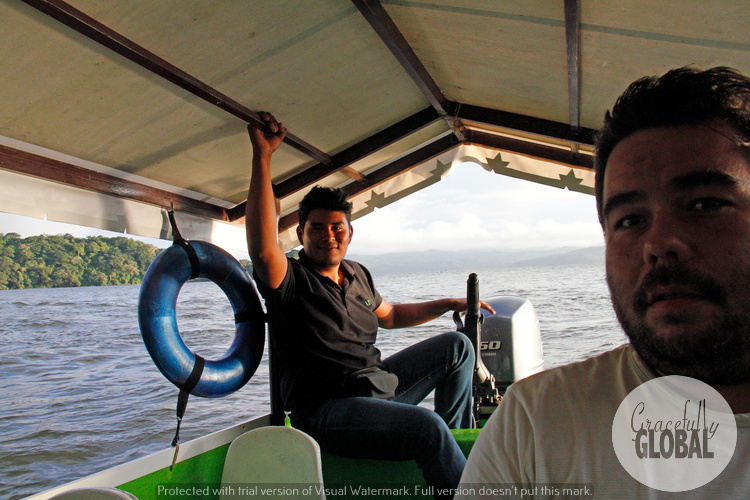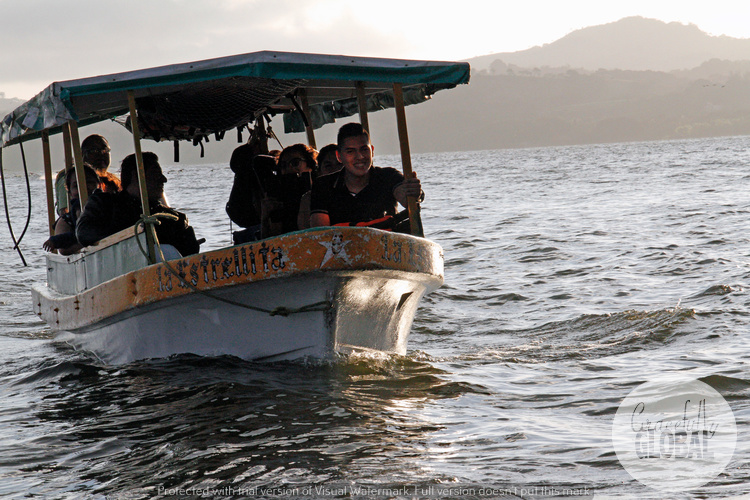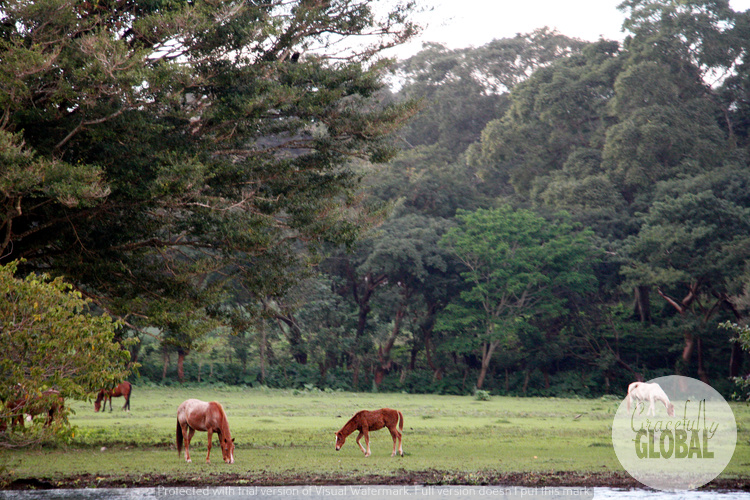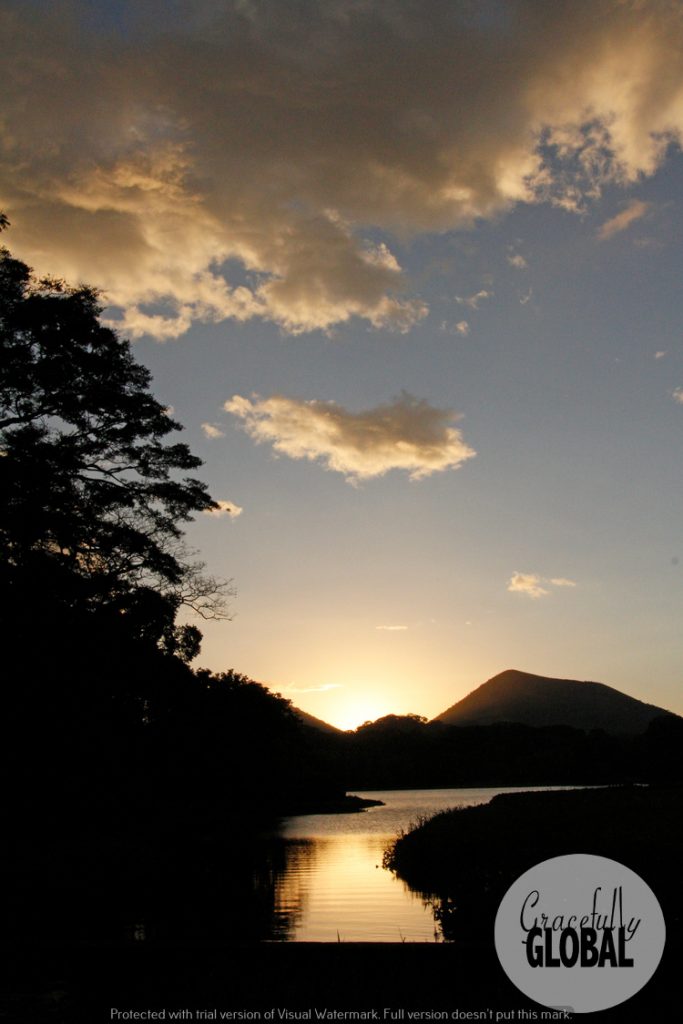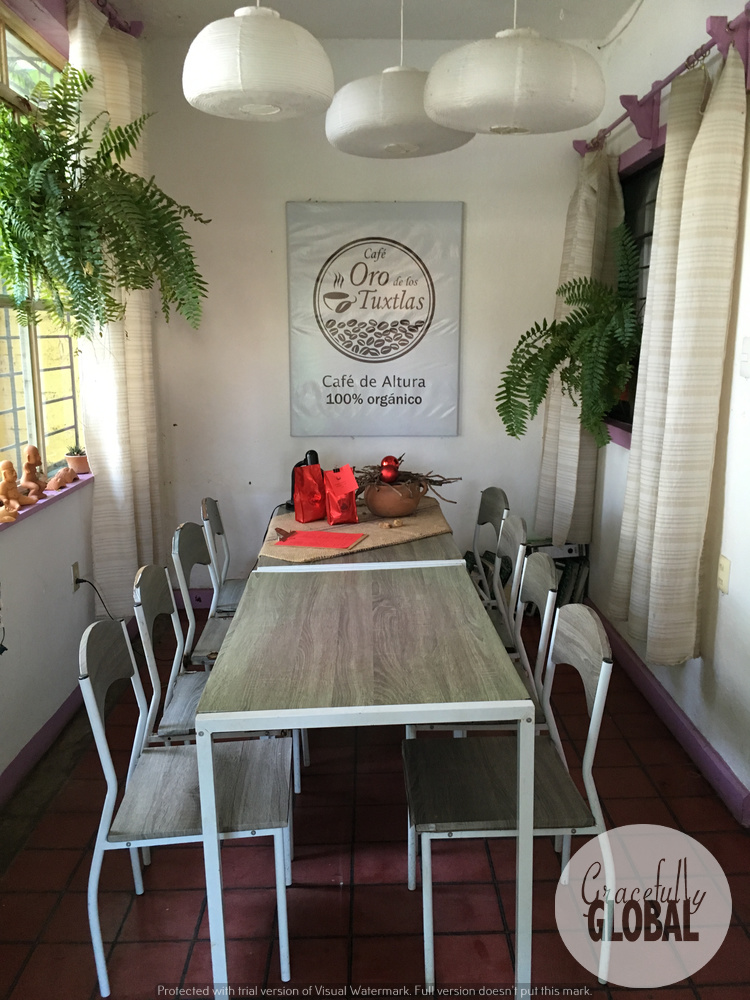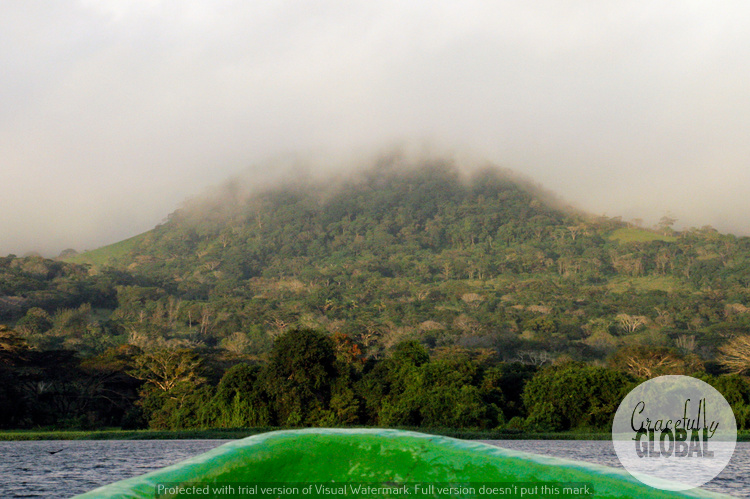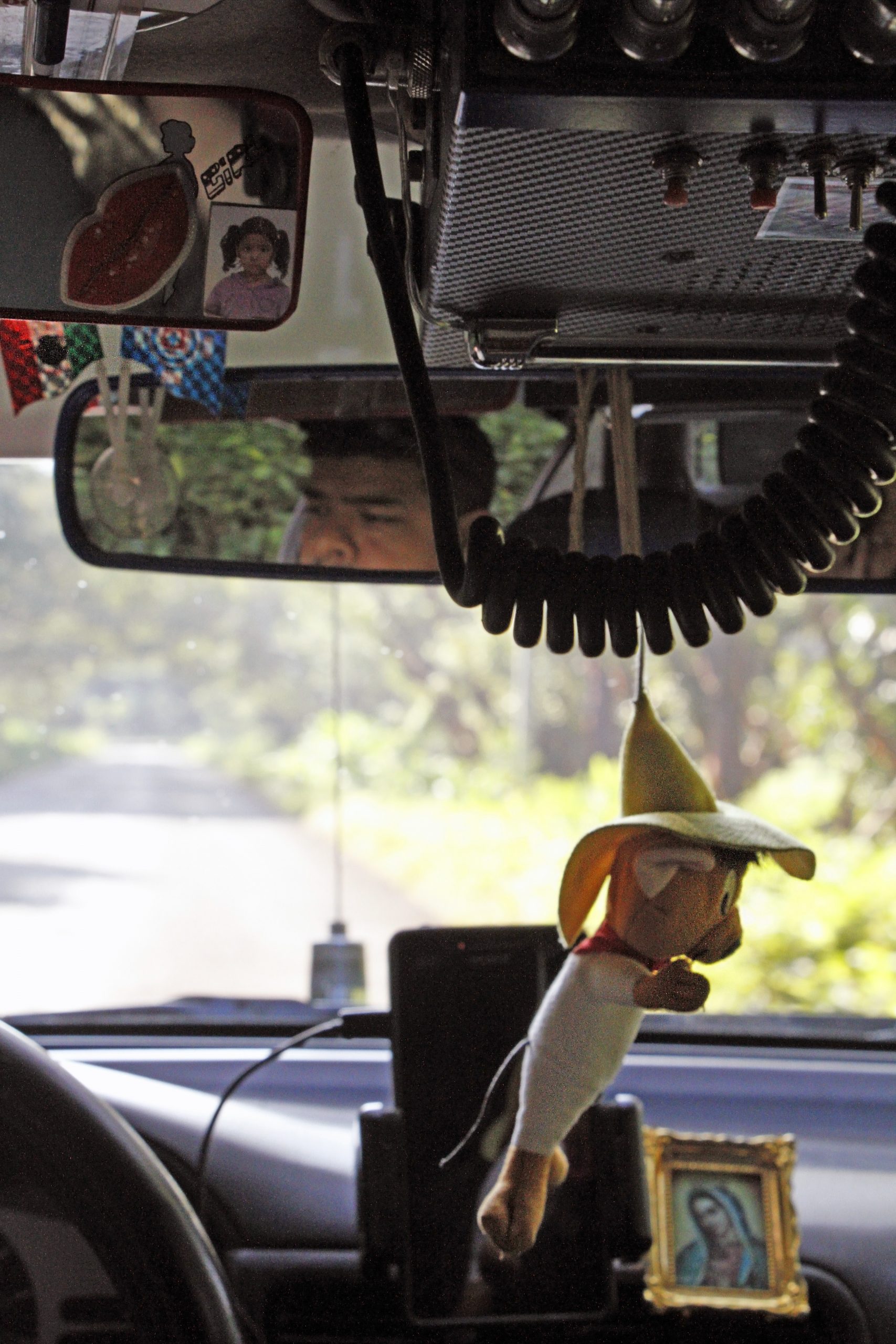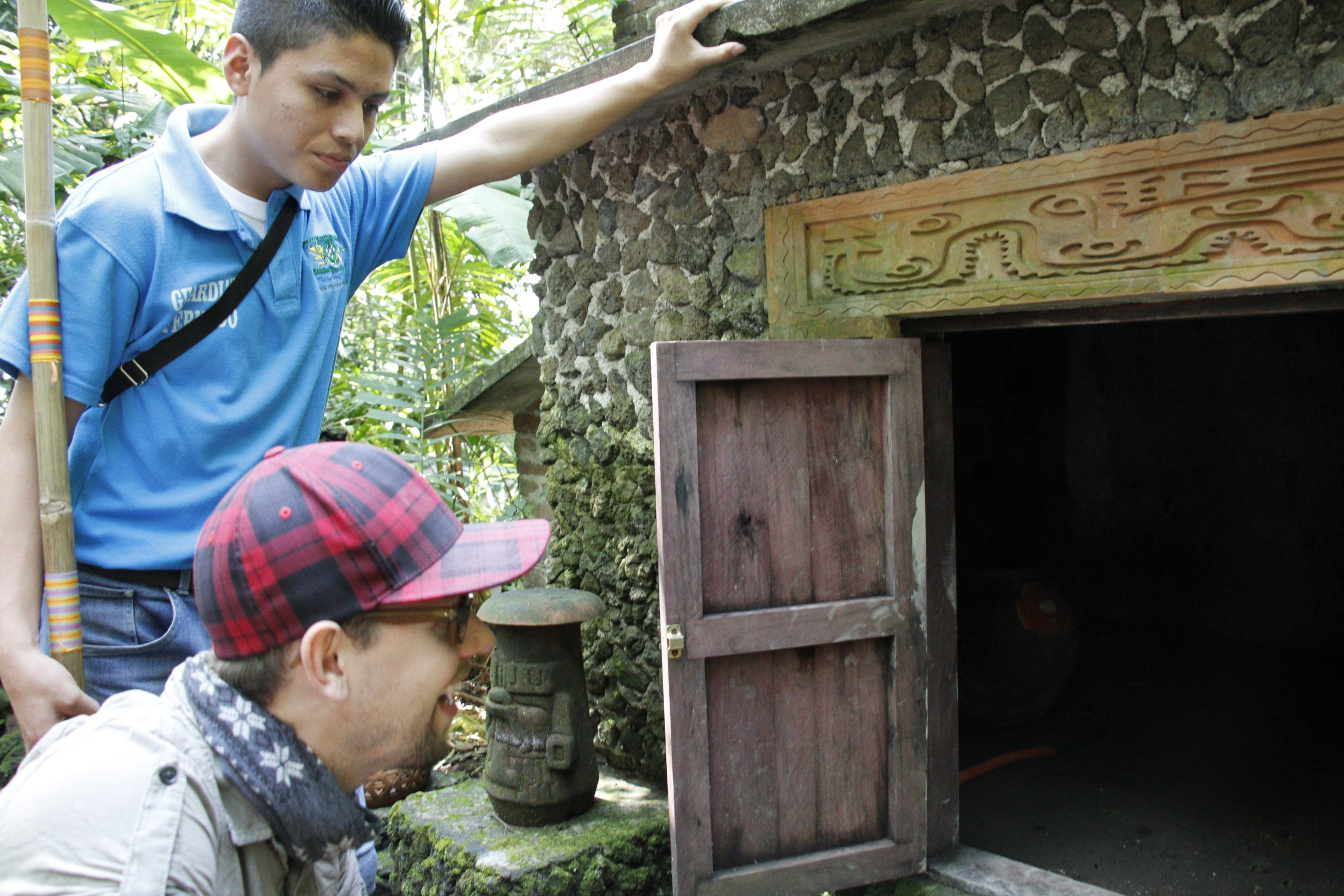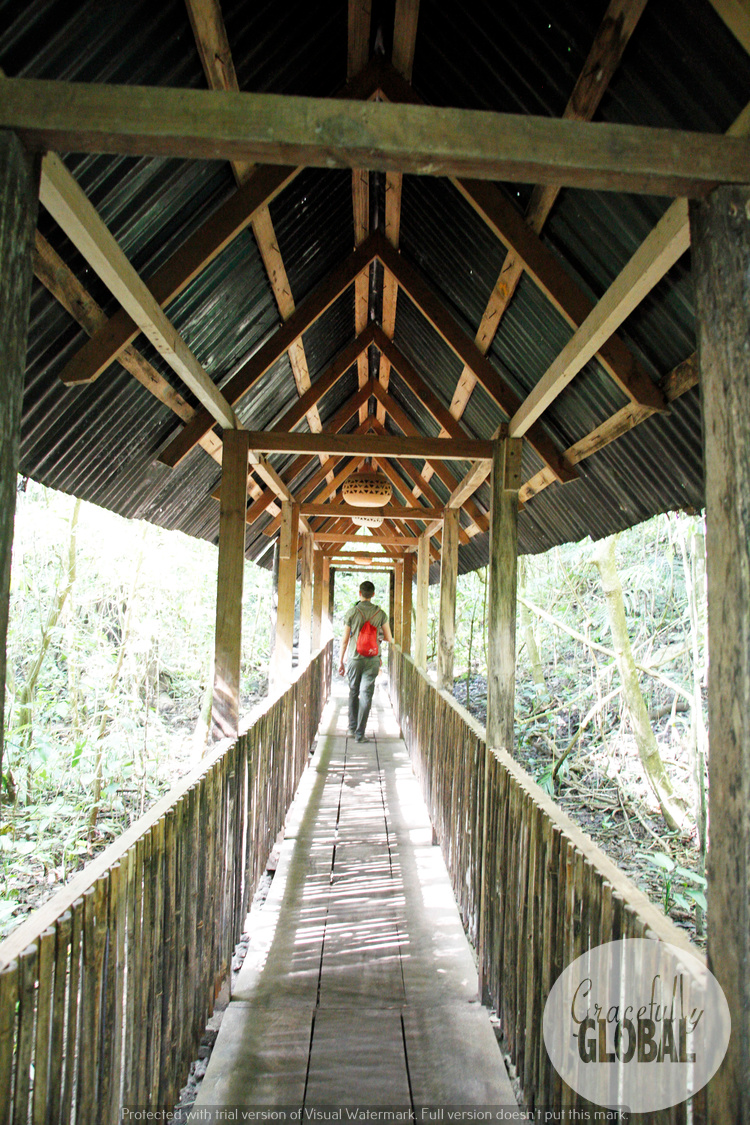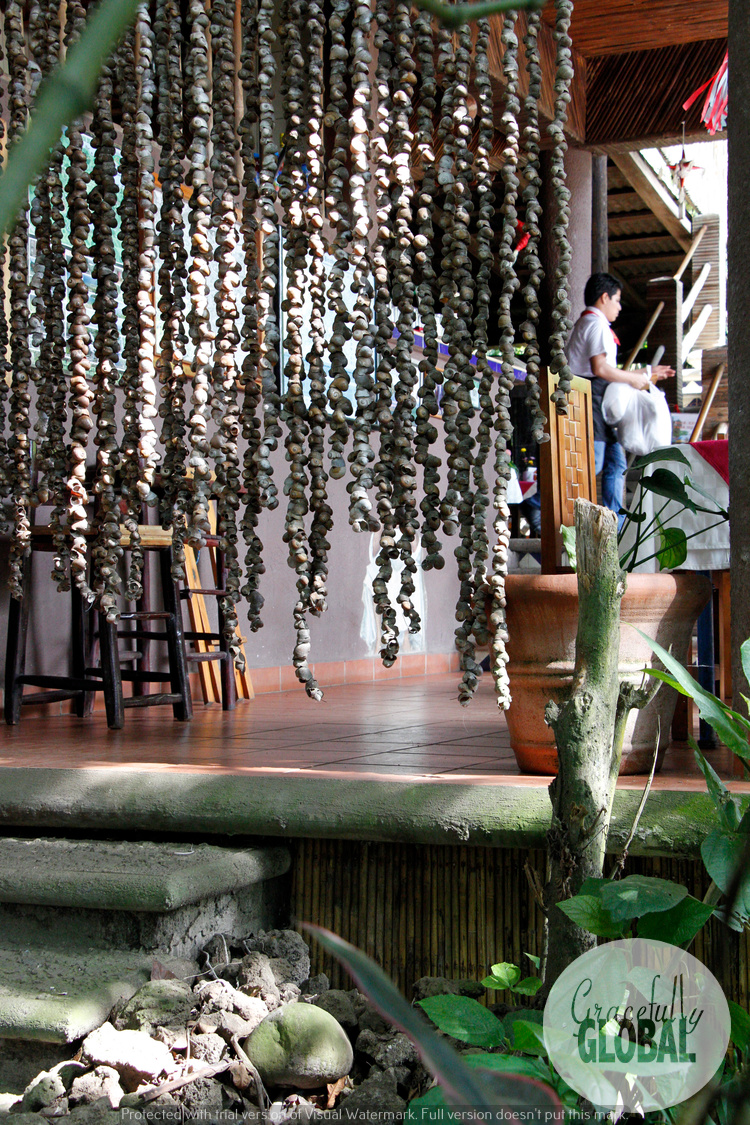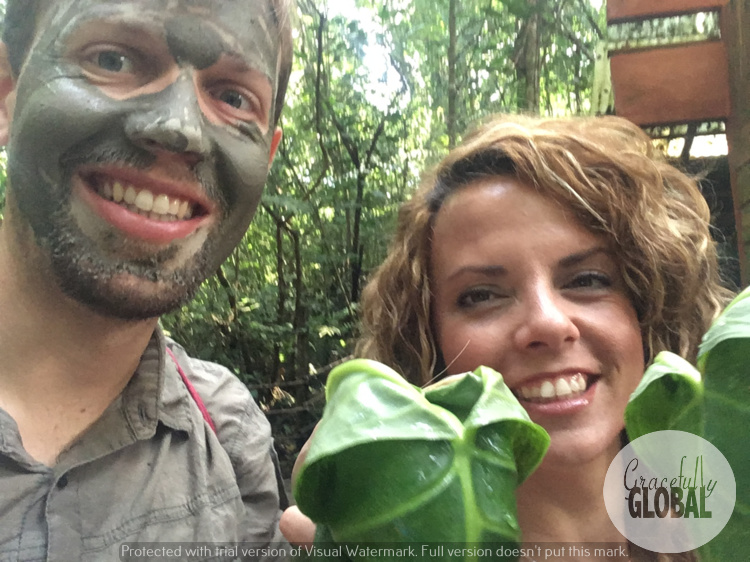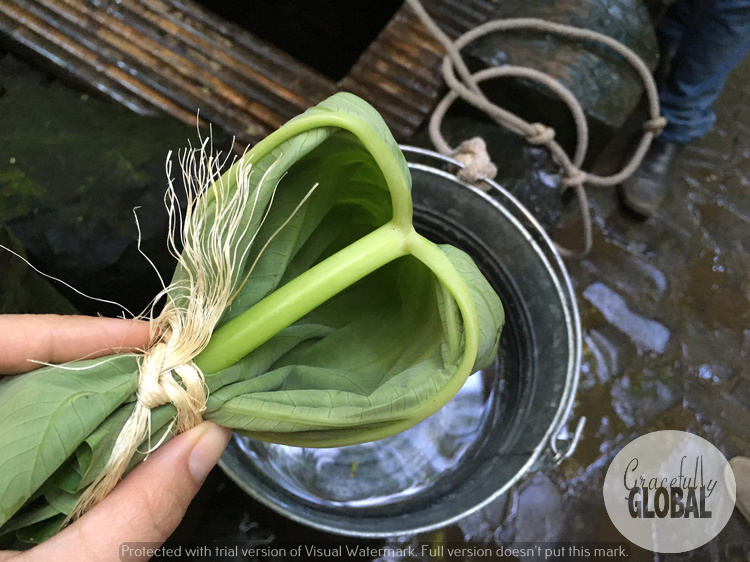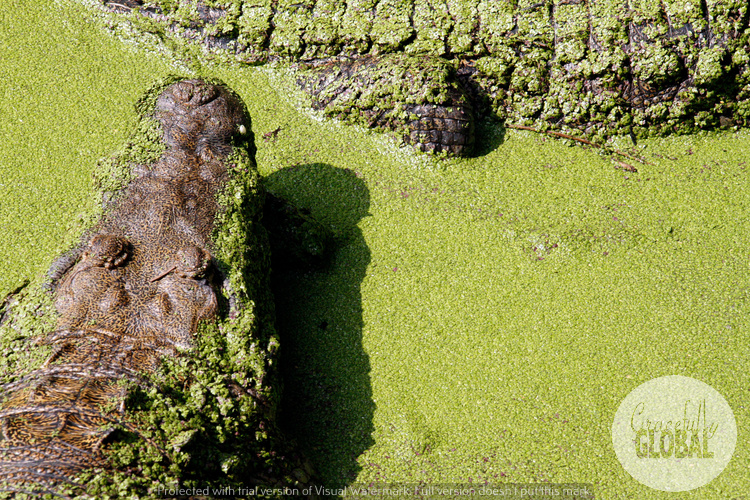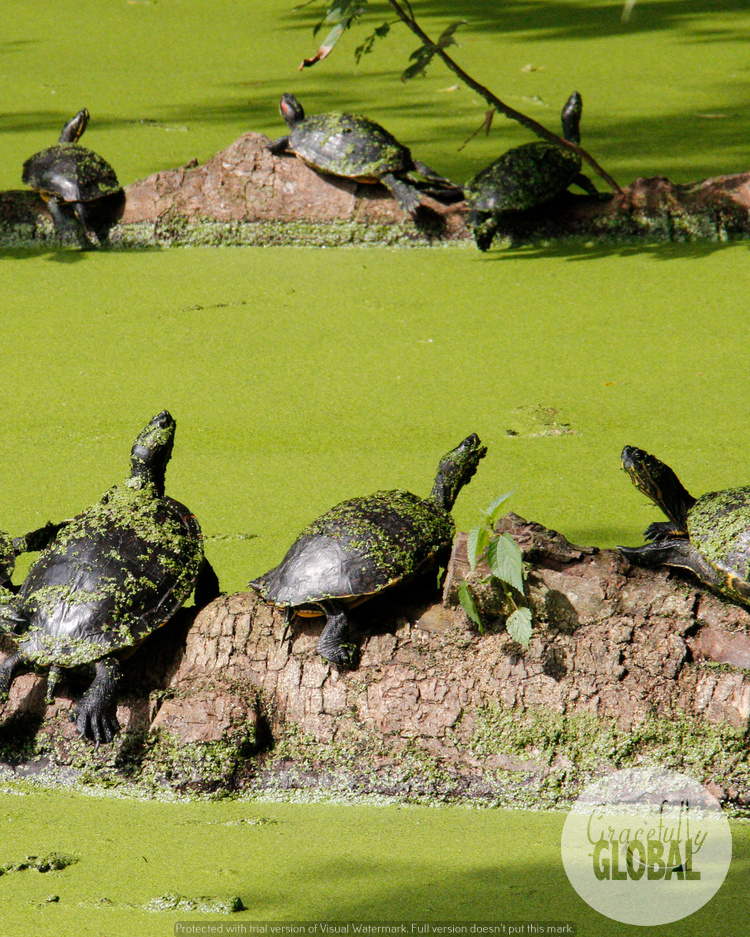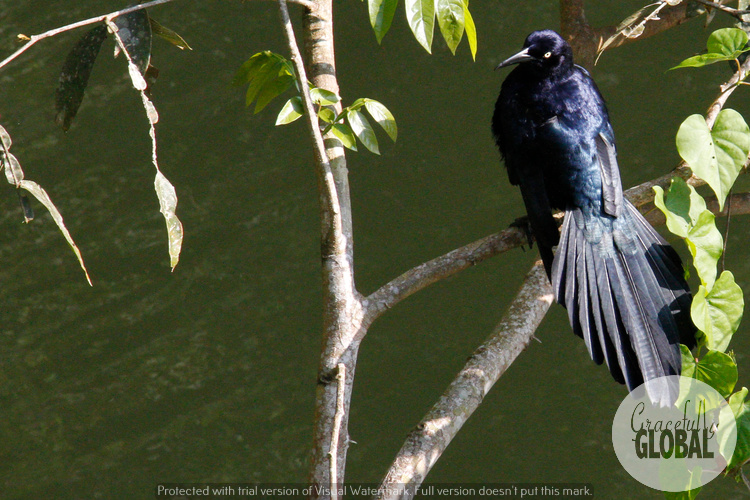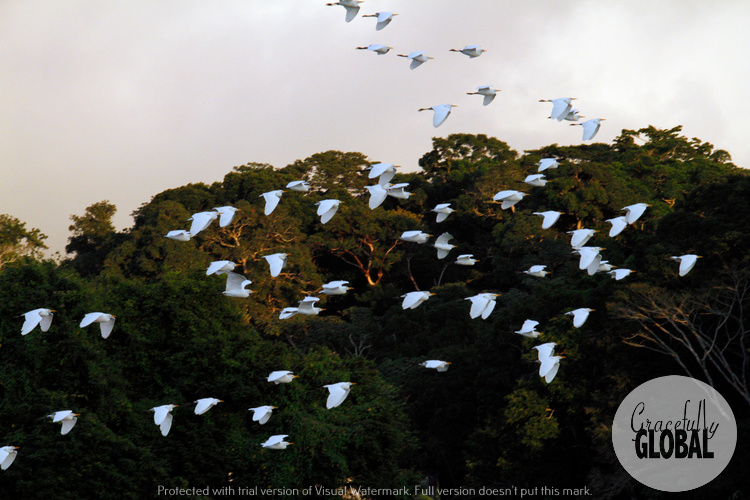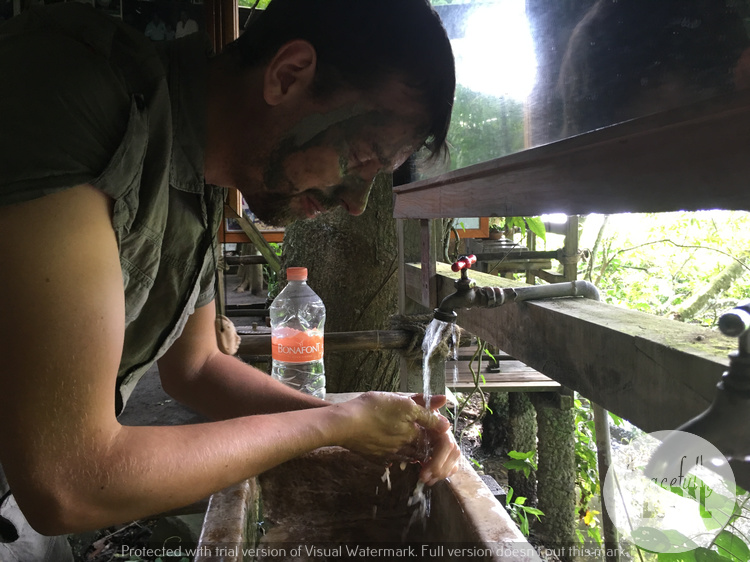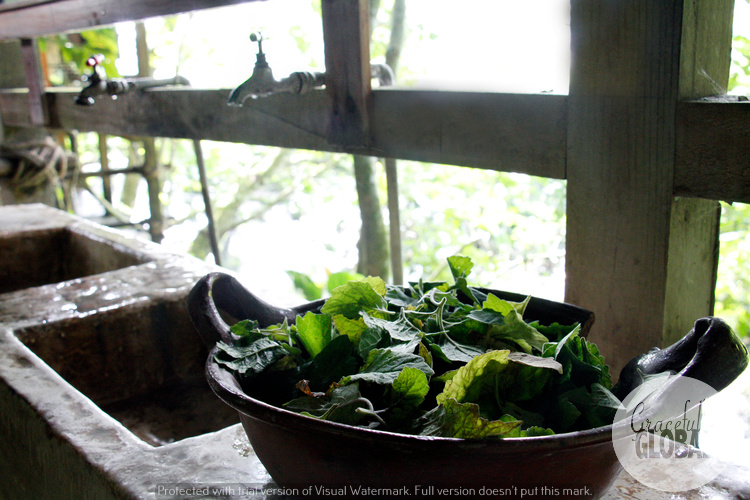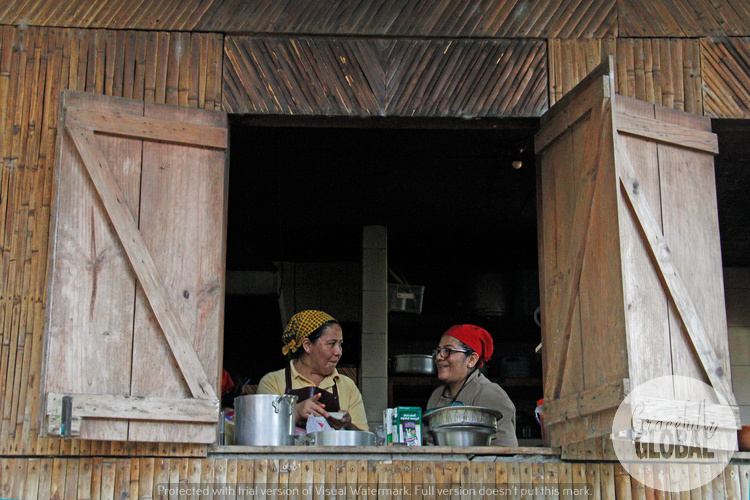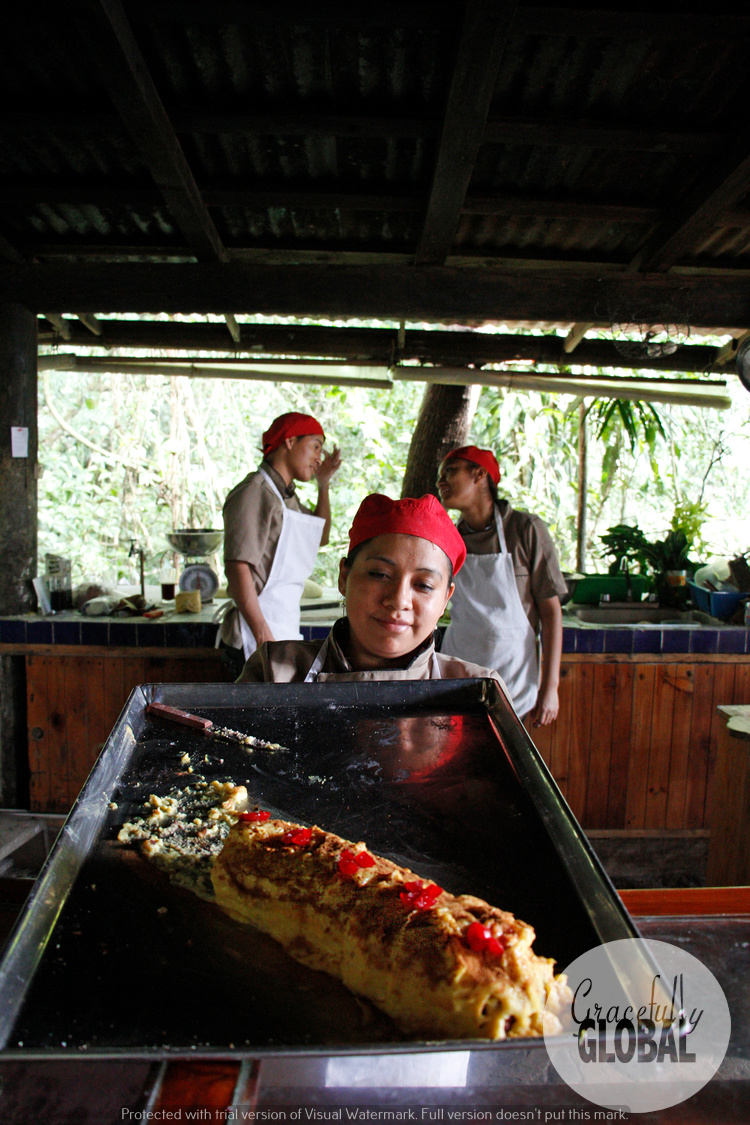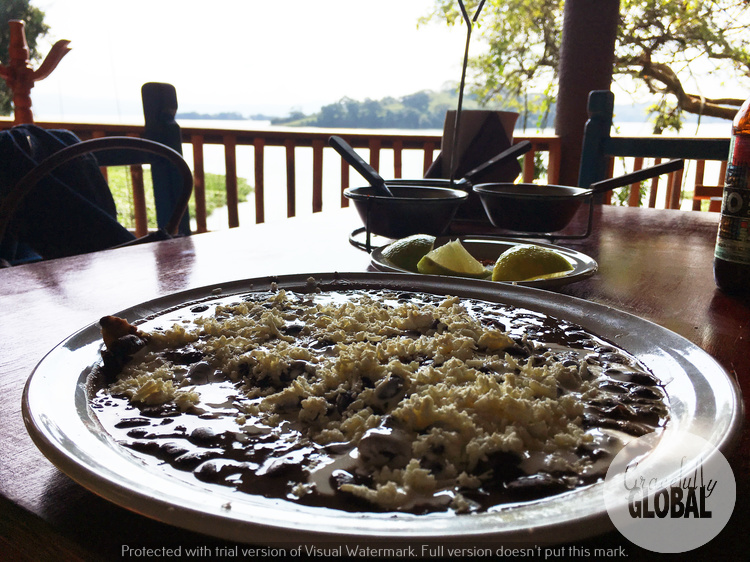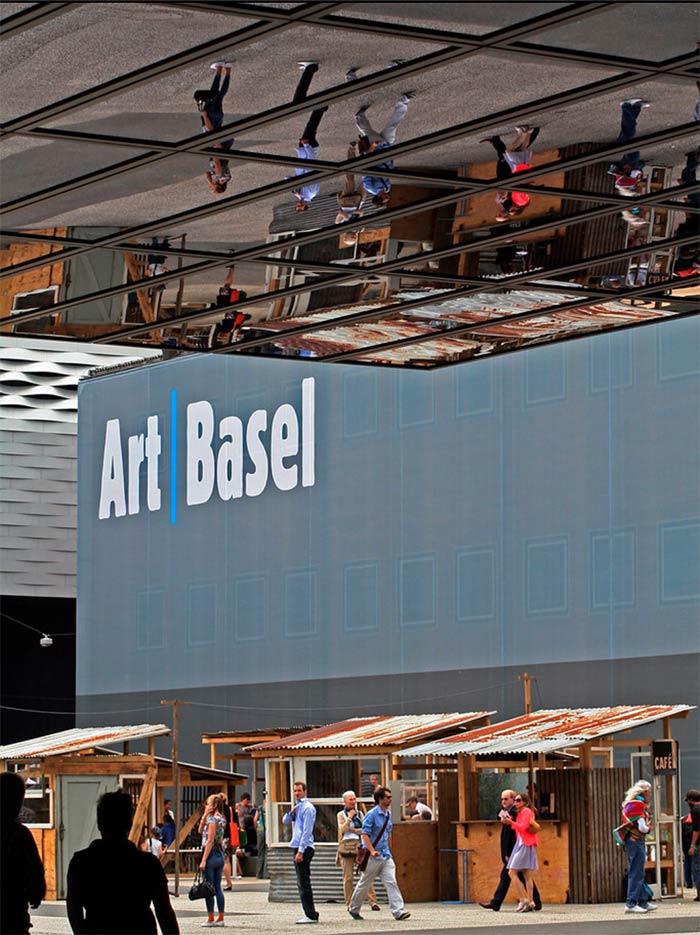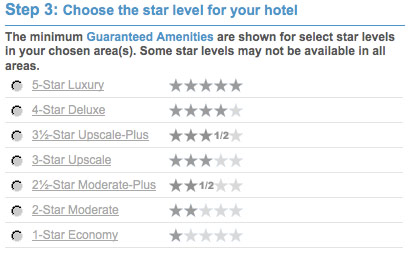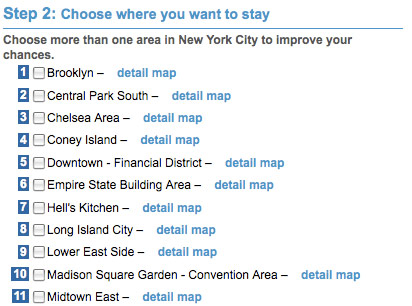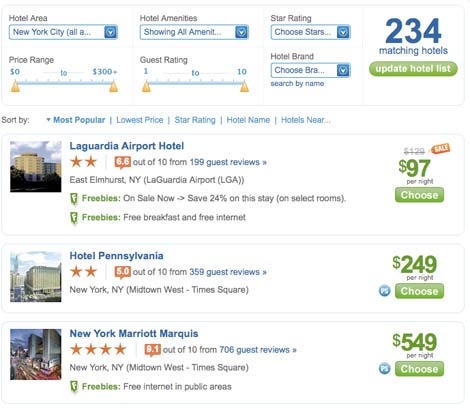I must admit, as far as travel experiences go, visiting the Colosseum never ranked highly on my list of favorites. Until recently, that is. The mass confusion entering the Colosseum and the stress of dealing with their stringent yet non-communicative ticket office, followed by feeling pretty much like one of a million sheep, and not much to do once inside other than take selfies or watch other people take selfies really downgraded the experience for me.
When my extended family came to visit Rome and asked me to help them organize their trip, I was struggling my way through the Colosseum website and thought, “There must be a better way.” And entered, The Roman Guy. But more on that later.
Frankly, Colosseum ticketing options are not ideal. I’ve had first-hand experience through my work managing on-site logistics for groups of American and Australian university students with CISabroad. Often we opt to pay the reserved group entry (which is an additional cost on top of the ticket to enter). The group entry has its own entrance a bit closer to the metro stop than the single ticket entrance, but, ironically, there is always a line at the reserved group entry, and eventually, this “special” entrance converges with the non-reserved single ticket entry line.
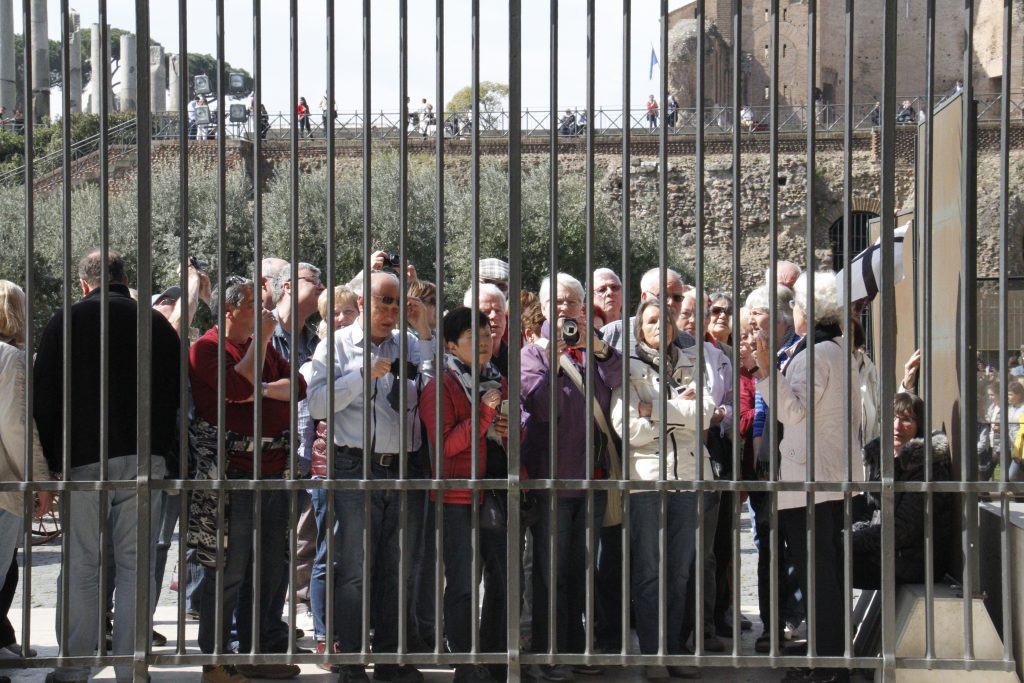
Being fairly disillusioned with the group entry options, I eventually decided to try arriving early with one of my groups and give the unreserved entry line a go, only to find out after waiting a half hour that I was prohibited from purchasing more than 12 tickets at a time. I’m not sure how I would have known this rule in advance, but whatever the case, now I finally understood the need for reserving the otherwise unhelpful group entry in advance.
The final solution for entry into the Colosseum is to purchase your single tickets online in advance and print them out at home. Then when you arrive at the single ticket entry line, you have access to a special line for people who purchased online, which moves a bit faster.
All that to say, there isn’t really an ideal solution. Until I finally rolled up my sleeves and was determined to find a better way. That’s when The Roman Guy came in. The Roman Guy sounds like one guy, but it is actually a robust Italian tour company based in Rome. They have a lot of different tour options for exploring the Colosseum with a guide such as Colosseum underground and floor tours.
The idea of having someone else manage the craziness of getting us into the Colosseum was reason enough for me to book, but the tour also resolved my other primary disappointment with visiting the Colosseum: the lack of information about Colosseum history available to visitors. Having a trained guide would really open up the experience for us, giving us the narrative that would make the place come alive.
The day of our tour arrived, we met our Roman Guy guide, and everything started out smoothly and normally. But then everything was suddenly different.
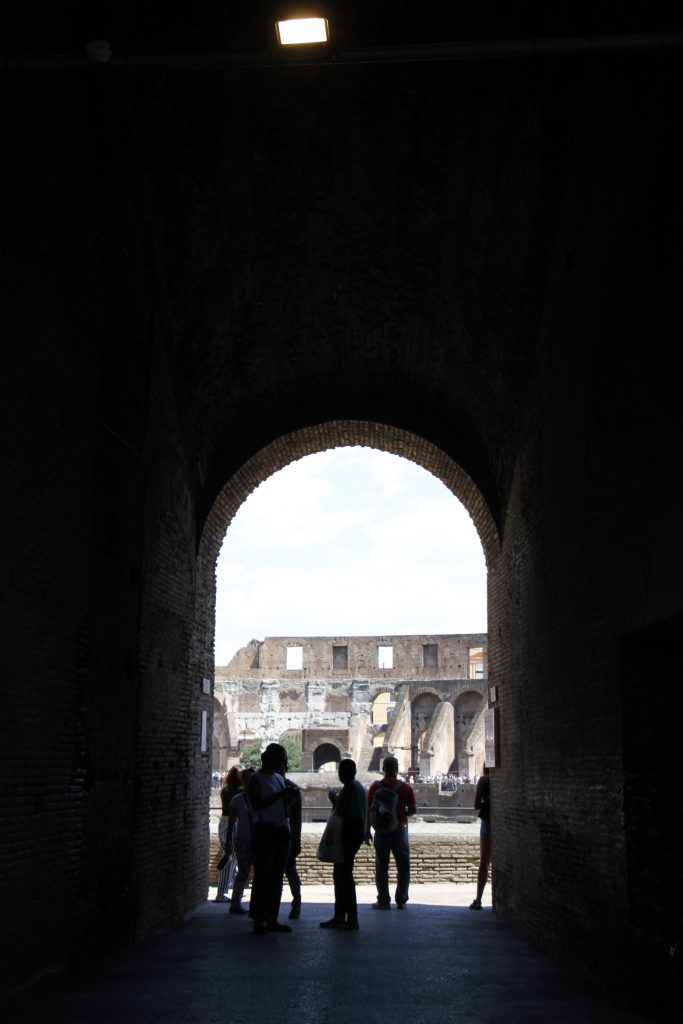
We passed the mobs of people waiting in the three lines I had mentioned, kept walking around to the back of the Colosseum, and stopped in front of a back gate. I was flabbergasted. There was no one at this back gate. Our guide simply called the name of the guard, he came over, opened the door for us, and we walked into the Colosseum.
HALLELUJAH.
Instead of the typical mixture of stress, anxiety, and annoyance that I carry with me after finally getting through all of the hurdles to enter the Colosseum, we merely just walked in. I was in heaven.
We then proceeded to walk onto a deck perched just above the floor of the Colosseum. Every trip I’d made here, I’d seen people on this deck from the other side, and always wondered what this magic place was that was not accessible to us. Well, now I finally understood.
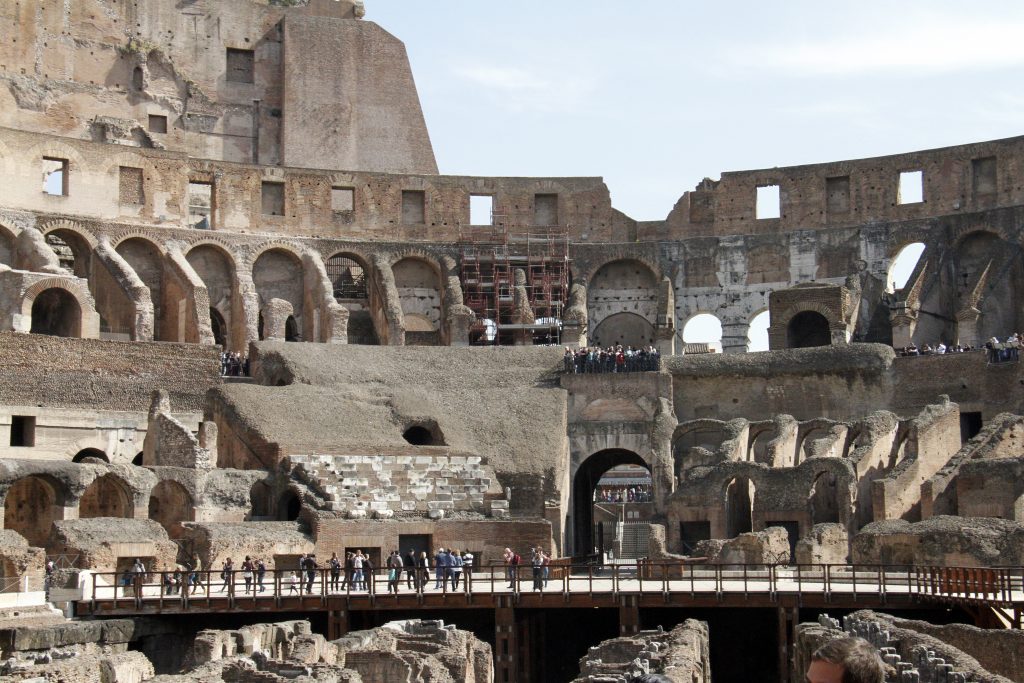
This area was regulated by Colosseum staff, and only a certain amount of visitors can be there for a given amount of time (20 minutes or so, maybe a half hour), meaning there was plenty of space to move around and take pictures. Since The Roman Guy is registered with the Colosseum, they can reserve this special entrance onto the Colosseum floor (and other restricted access areas), and bring people in through the back entrance.
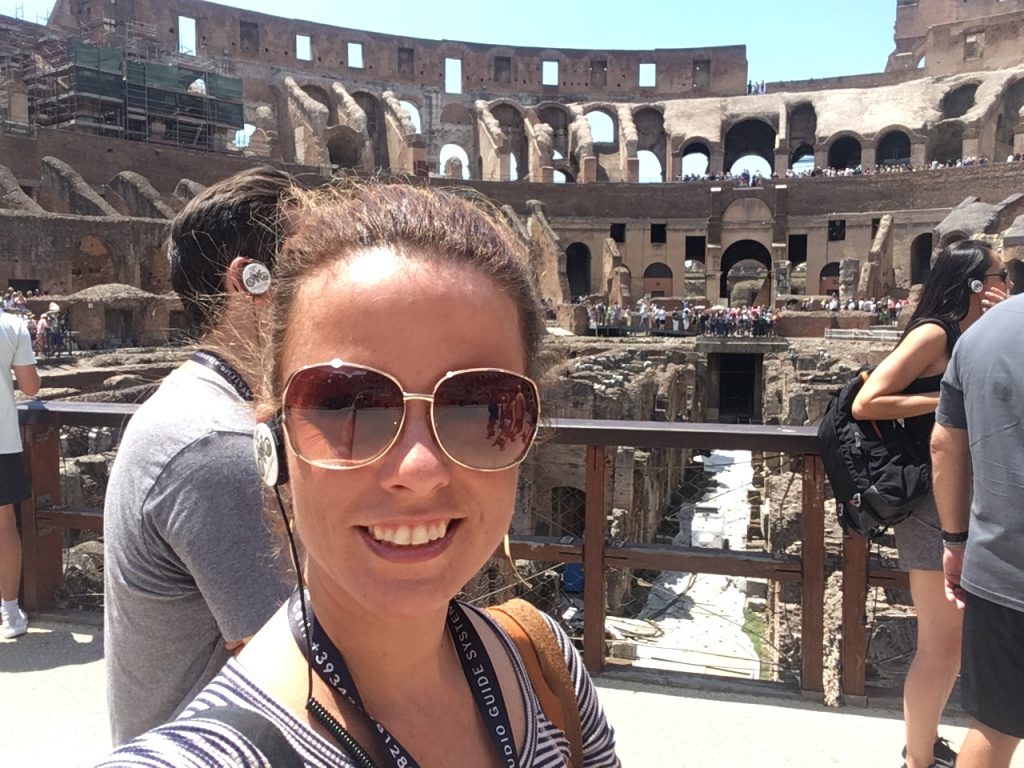
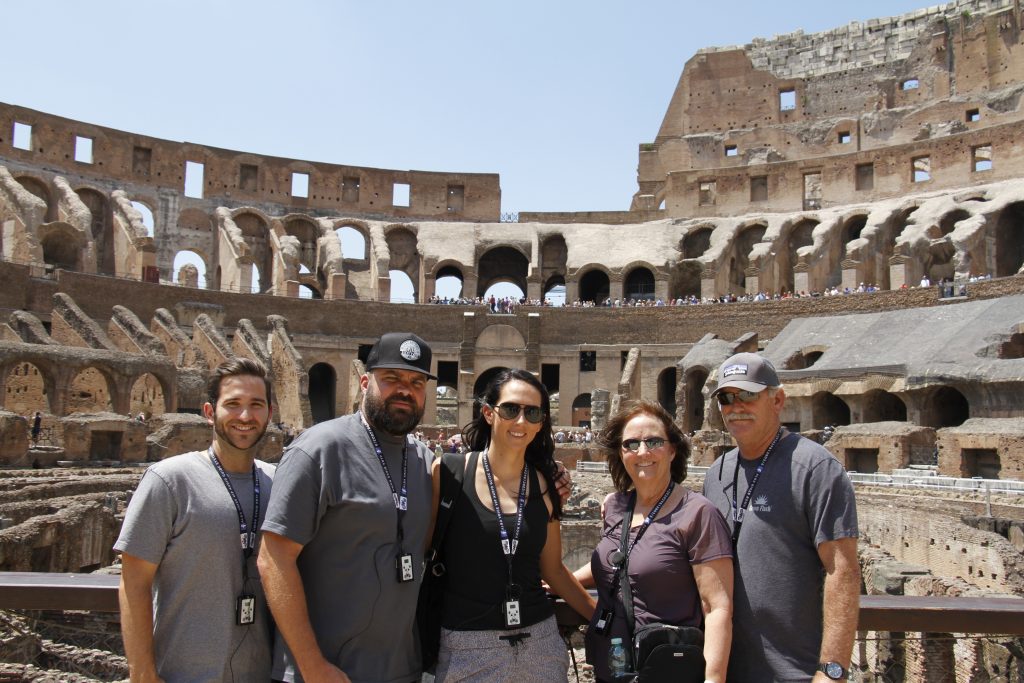
We had plenty of time (and space) to take photos, and then our sweet Roman Guy guide, an archaeologist, started explaining the highlights of the Colosseum history.
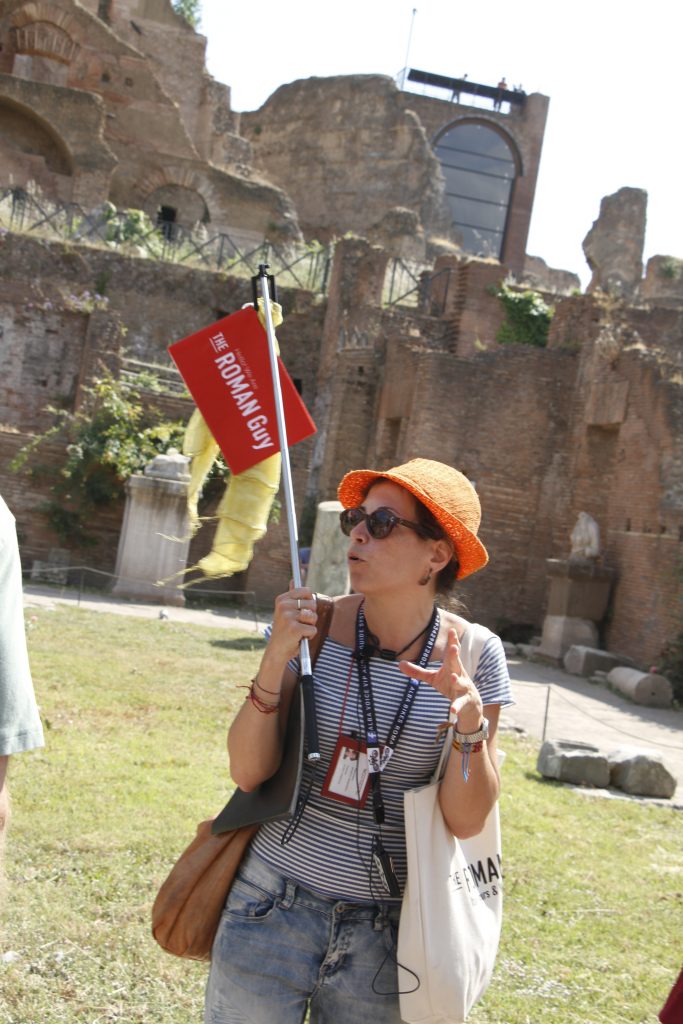
 Our sweet and knowledgeable guide had great visuals to accompany her talks.
Our sweet and knowledgeable guide had great visuals to accompany her talks.We walked around nearly the whole Colosseum together, up to the second level, then ducked here and there, finding shade, water, and places to rest, as she explained fun facts. My favorite trivia was about the female gladiators. I had no idea they existed! We also learned that the ruins across the street were ruins of a gladiator training school. So cool.
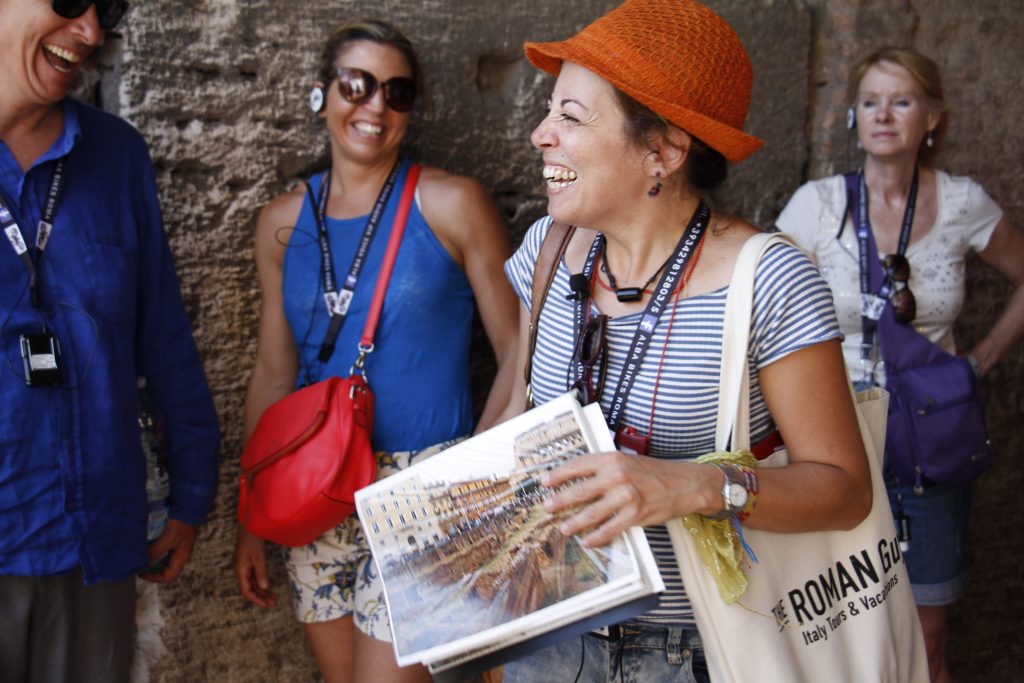
The second part of our tour took place across from the Colosseum at the Forum and Palatine Hill, where we learned about the fascinating Virgin Vessels, and our guide showed us where Caesar was cremated. I’d been to the Forum many times but had never noticed the tiny sign that points out this incredible history of the temple, now partly in ruins.
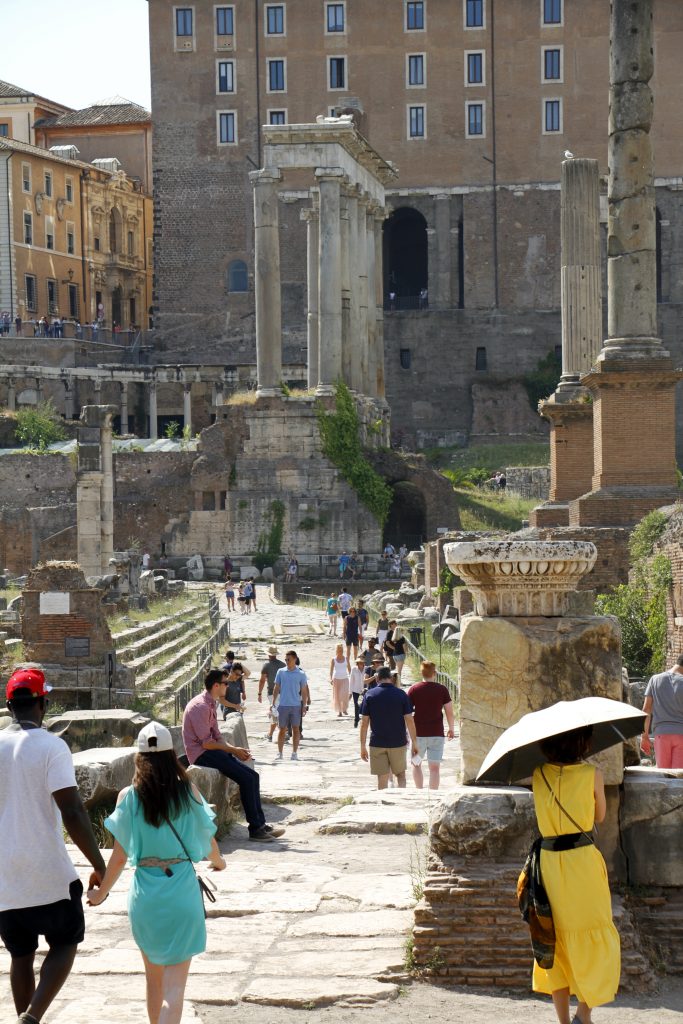
I had a few favorite moments, including when she pointed out a piece of what would have been a massive statue, and now all that remains is a foot. I wouldn’t have noticed it otherwise, and it is rumored to be good luck to touch the pinky so I couldn’t pass up the opportunity.
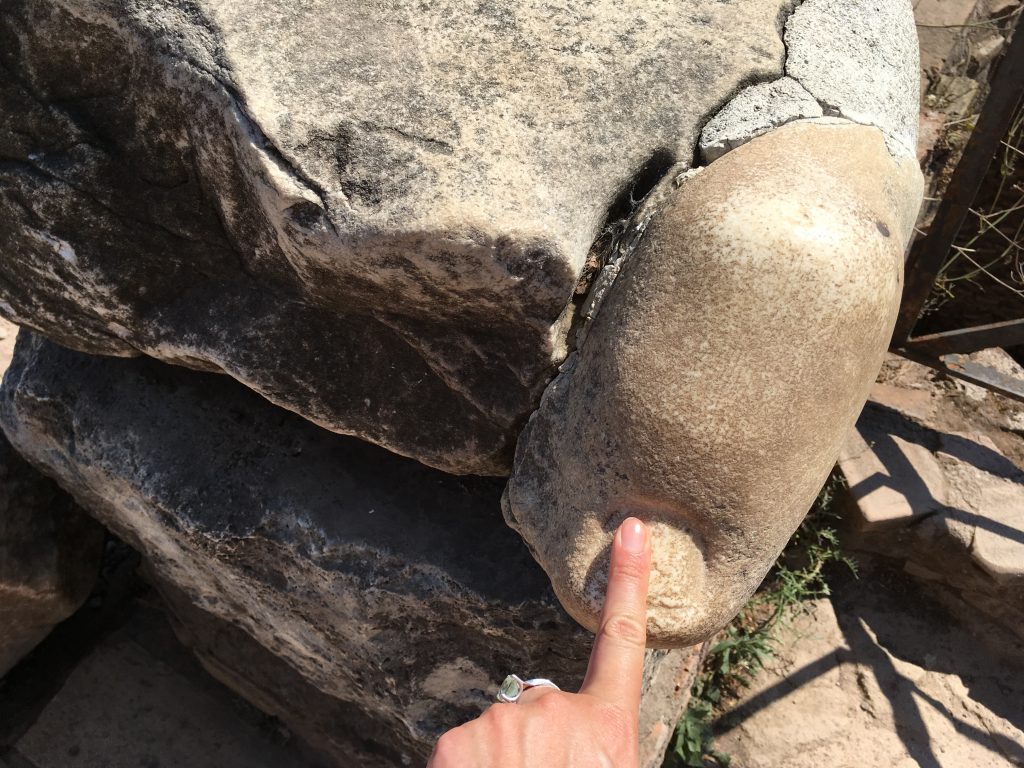
The tour finally wound down, and our guide shared one last insight with us. “Rome is like lasagna,” she said. “It is full of many layers, all of them worth discovering and savoring.”
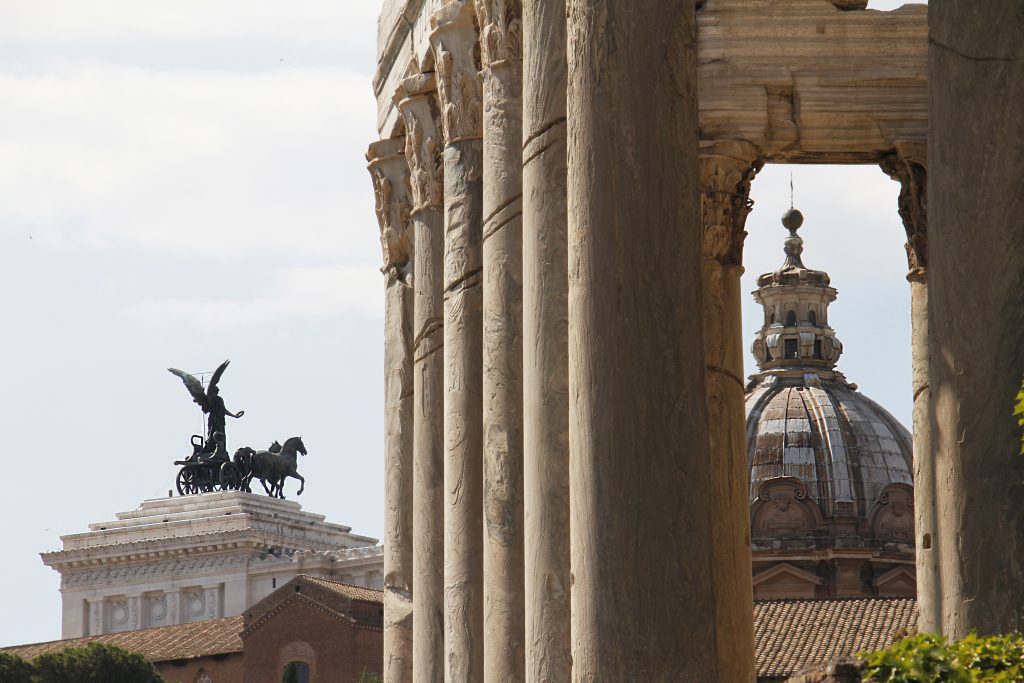
I loved that moment, as it really made me think, and appreciate all the insight that this lovely archeologist guide brought to our experience that we would have missed if we had done it alone. It is an experience that I won’t soon forget.

